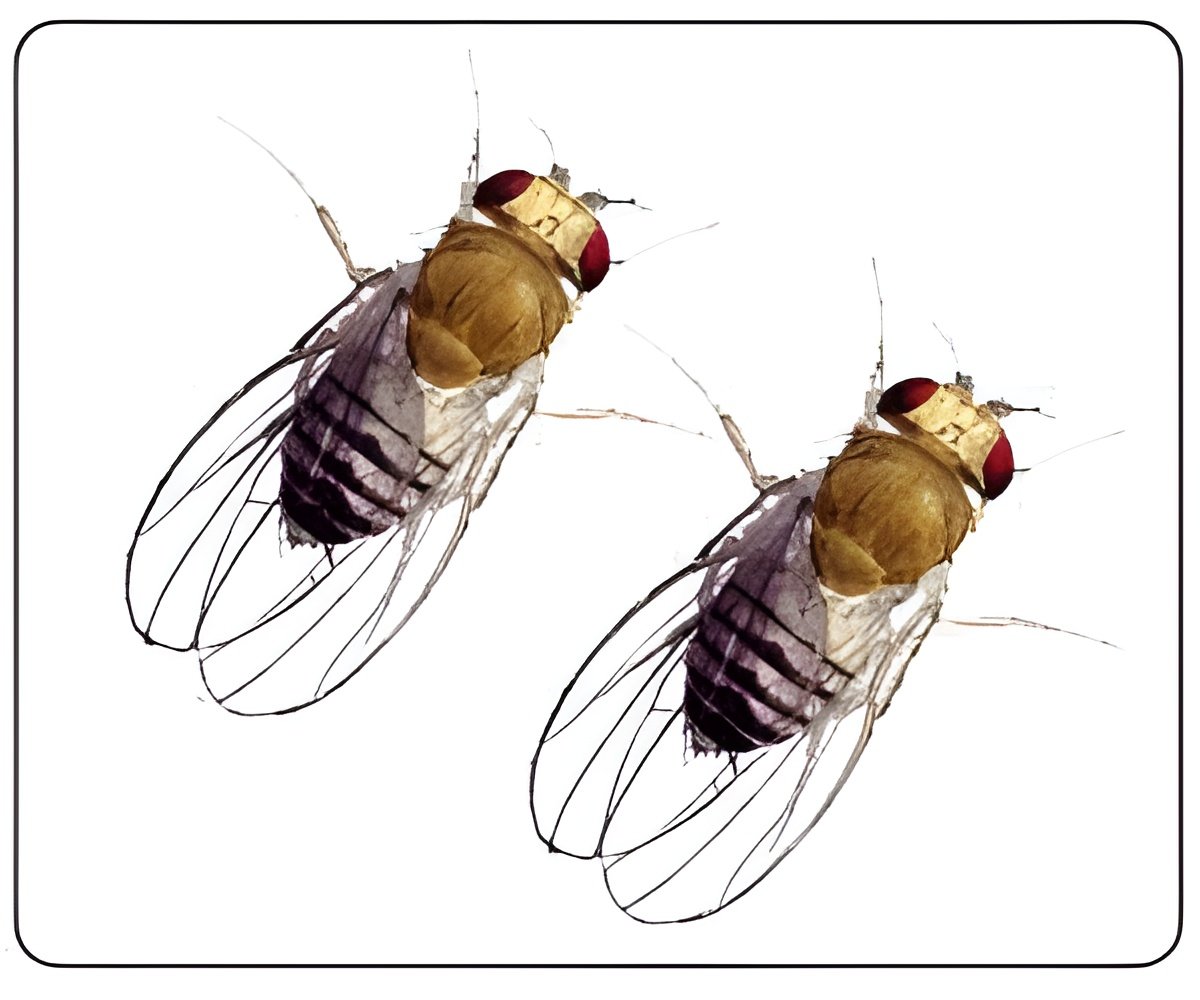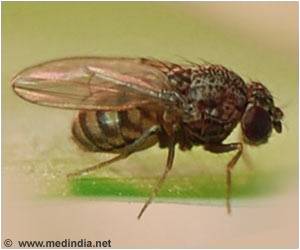In fruit flies, researchers have studied how fruit flies influence food seeking and feeding process.

‘In fruit flies muscle-derived Dpp regulates the levels of brain tyrosine hydroxylase, an enzyme key to the synthesis of the neurotransmitter dopamine.’





"Until now, the brain has been the least-studied target of myokine activity," said corresponding author Fabio Demontis, Ph.D., of the St. Jude Department of Developmental Neurobiology. "There are many myokines that act on other tissues, but their roles in signaling to the brain have been largely unexplored." The molecular key to muscle-brain communication
To better understand how skeletal muscle communicates with the brain regarding feeding behavior, the researchers looked at the myokine Dpp in fruit flies. Dpp is the fruit fly equivalent of the BMP2 and BMP4 signaling factors in humans.
Scientists previously thought that Dpp only transmits signals at short distances. However, the researchers showed that fluorescently tagged Dpp travels long distances from the flight muscles of fruit flies to the brain. Furthermore, the researchers found that reducing Dpp levels promoted feeding and foraging behavior in fruit flies. Conversely, increasing Dpp levels reduced foraging and feeding.
A link between Dpp, dopamine and feeding initiation
Advertisement
The researchers found that lowering Dpp levels in muscle led to higher levels of dopamine in the brain and increased feeding. Conversely flies with higher Dpp levels in muscle had lower levels of brain dopamine and were less likely to seek food. The researchers also found that modulation of dopamine synthesis in the brain is key to the regulation of feeding by muscle-derived Dpp.
Advertisement
Source-Eurekalert













